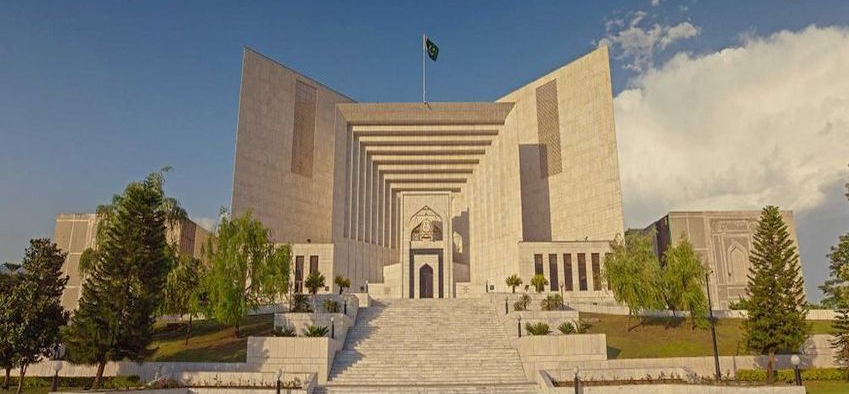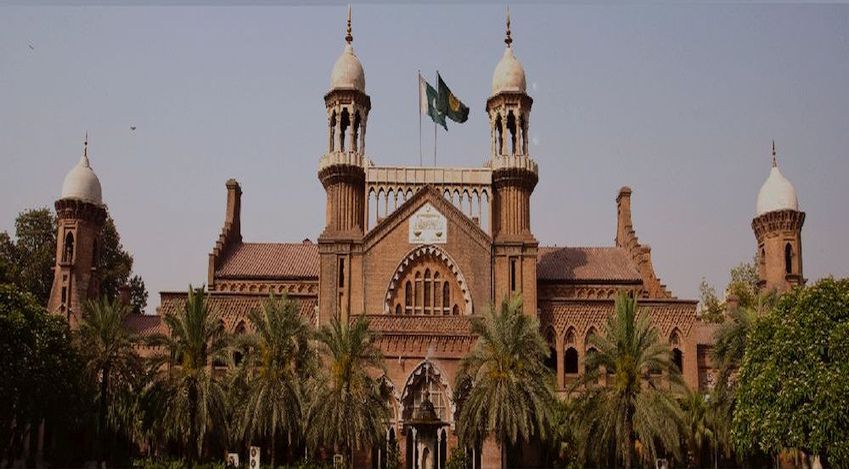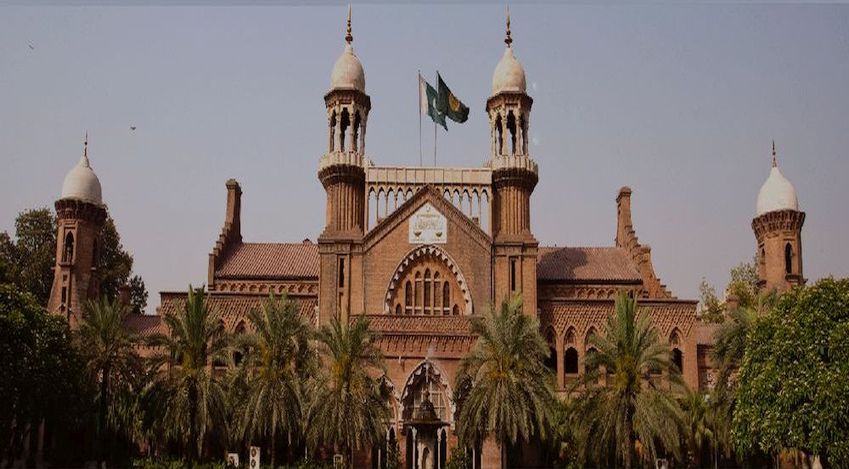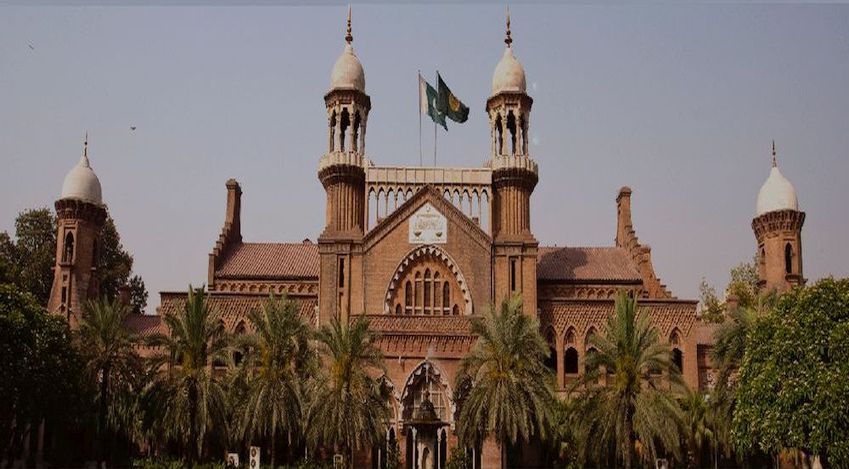The Purpose of Review is not to Reappraise Evidence but to Correct Apparent Errors --- Supreme Court of Pakistan
Islamabad 11-09-2024: In a significant ruling, the Supreme Court of Pakistan has allowed a civil review petition filed by businessman Ahmad Sikander, contesting an earlier order of the Court in a tax evasion case. The judgment, delivered by a majority of two judges to one, reinstates the petitioner’s case for a fresh hearing after Eid-ul-Fitr, 2024. The case revolves around accusations of tax concealment and failure to disclose foreign assets, primarily a bank account in the United Kingdom, in the petitioner’s wealth statements.
The petition, filed under [C.R.P. 870/2023], sought to challenge the Court’s prior dismissal of the petitioner’s civil petition on August 8, 2023, in [C.P. No. 2166-L/2023]. The petitioner argued that crucial documentary evidence, including statements of foreign income and assets, had been submitted on the FBR e-Portal but was not considered during the initial proceedings due to the COVID-19 pandemic delaying submissions.
The dispute arose after the tax authorities issued show-cause notices to Sikander under Sections 122(9) and 111(1)(b) of the Income Tax Ordinance, 2001, alleging that he had failed to disclose a bank account in the UK. The petitioner maintained that the funds in the account were related to a loan, not income, and had been repaid. However, the Inland Revenue department rejected this explanation, leading to the imposition of taxes.
Sikander first appealed to the Commissioner Inland Revenue (Appeals-1), Lahore, which dismissed the case in February 2022. An appeal to the Appellate Tribunal Inland Revenue (ATIR) was allowed in March 2022, but the tax authorities successfully challenged that ruling in the Lahore High Court, which overturned the ATIR’s decision in April 2023. When the Supreme Court of Pakistan dismissed Sikander’s subsequent civil petition, the petitioner sought a review of the order.
In the review petition, Sikander’s counsel argued that the documentary evidence supporting the petitioner’s claim had already been filed on the e-Portal and should not have been disregarded by the lower Courts. The Supreme Court of Pakistan, after reviewing the arguments, ruled that the High Court and the earlier judgment overlooked the availability of these documents, which were essential to the case. The majority of the bench held that the petitioner should be given another opportunity to present his case.
Mr. Justice Jamal Khan Mandokhail, delivering the majority judgment, found sufficient grounds to recall the earlier decision, stating that [Civil Petition No. 2166-L/2023] should be restored for fresh consideration. The Court emphasized the importance of giving the petitioner a fair chance to present all the relevant facts.
In a dissenting opinion, Mr. Justice Syed Hasan Azhar Rizvi argued that the petitioner’s attempt to introduce new evidence at the review stage was improper. Mr. Justice Syed Hasan Azhar Rizvi pointed out that the petitioner had failed to produce the documents during the earlier stages of the legal process and that under Order XLVII Rule 1 of the Civil Procedure Code, the scope of review is limited. He further stated that the grounds raised by the petitioner had already been considered and dismissed by the High Court and the Supreme Court of Pakistan in their original rulings.
The judgment reaffirmed several key legal principles regarding the limited scope of review under Article 188 of the Constitution and Order XLVII of the Civil Procedure Code (CPC). It highlighted that a review can only be sought on specific grounds such as the discovery of new evidence or an error apparent on the face of the record. The majority noted that the documents were not “new evidence” but rather supplementary, reinforcing the need for reconsideration.
The Court also cited key case laws, including Ghulam Murtaza Vs. Abdul Salam Shah (2010 SCMR 1883), which emphasizes the finality of Supreme Court of Pakistan judgments and limits the grounds for review petitions.
The Supreme Court of Pakistan majority ruling allows for a fresh hearing of the case, restoring [Civil Petition No. 2166-L/2023] and providing the petitioner with another opportunity to present evidence. The case will now be heard after Eid-ul-Fitr in 2024.
The dissenting judge, however, cautioned against the misuse of review petitions for re-arguing cases, stressing that the purpose of review is not to reappraise evidence but to correct apparent errors.
The decision highlights the careful balance between the finality of judgments and the need for procedural fairness in review petitions.
Powered by Froala Editor








